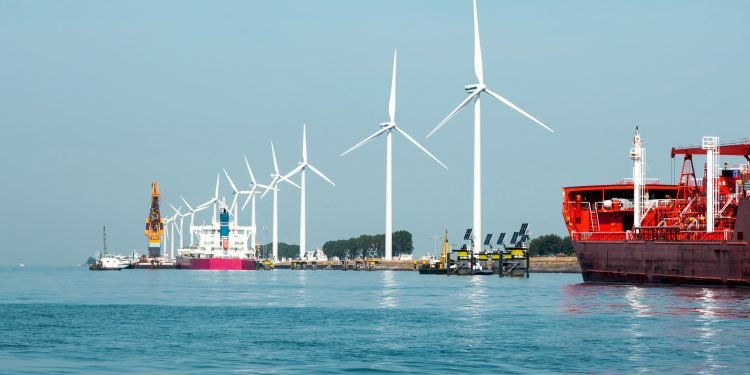The logistics industry is evolving rapidly, with 2025 marking a critical turning point as new technologies and strategies reshape operations. From artificial intelligence (AI) to workforce transformation, here’s what lies ahead for shipping and logistics.
1. Artificial Intelligence Takes Center Stage
Logistics companies are integrating AI into their operations to enhance efficiency and decision-making. Initial applications include:
- Robotic Process Automation (RPA): Automating routine tasks like data entry and invoicing.
- Data Standardization: Preparing systems for more advanced AI capabilities in the future.
These foundational efforts are paving the way for smarter, more adaptive logistics systems.
2. Digital Twins on the Horizon
While full-scale digital twins—virtual replicas of logistics networks—are still years away, companies are developing detailed models of individual facilities. This technology provides real-time insights into operations, helping businesses optimize workflows and reduce inefficiencies.
3. Basic Automation Expands
Automation technologies like autonomous mobile robots (AMRs) and automated storage systems are becoming commonplace. These tools streamline processes, allowing companies to improve throughput and accuracy while preparing for more sophisticated automation in the future.
4. Workforce Evolution
As automation grows, the logistics workforce is shifting from manual labor to oversight roles. Employees are being trained in:
- Data Analysis: Understanding metrics to optimize performance.
- Automation Management: Overseeing robotic systems to ensure smooth operations.
This transition is redefining job roles and creating opportunities for upskilling.
5. Supply Chain Integration Advances
The industry is focusing on deeper integration between supply chain partners through APIs. Key priorities include:
- Real-Time Tracking: Providing accurate, up-to-the-minute shipment data.
- Order Management: Enhancing collaboration across supply chain touchpoints.
These efforts aim to standardize data and establish secure connections, fostering greater transparency and efficiency.
Looking Ahead
The journey to fully automated and integrated logistics systems is incremental but transformative. By 2025, foundational technologies and strategies will be firmly in place, setting the stage for a smarter, more connected industry.
Stay updated with The Logistic News for the latest trends and insights shaping the future of logistics.























